Trending
Opinion: How will Project 2025 impact game developers?
The Heritage Foundation's manifesto for the possible next administration could do great harm to many, including large portions of the game development community.

Featured Blog | This community-written post highlights the best of what the game industry has to offer. Read more like it on the Game Developer Blogs or learn how to Submit Your Own Blog Post
Public domain works-based games isn't something you should fear or hate. In fact, I believe we could make much more games based on public domain. This is a completely different exercize than making a game out of nothing.

It was pretty simple: take a popular license that belongs to the public domain and make a game with it. It’s been 3 years and I’ve gained a lot more experience about game development and game marketing. Today, I want to make a statement: indies should be more interested in the public domain. Let’s explore some of the reasons why.

The Public Domain Jam 3 has a nice list of public domain stories you can use. Here is an extract of this list that could make great games. I’ve even made a small concept pitch with them.
A top down strategy game where you’re Frankenstein trying to hide its creature from the village.
Hercules make his 12 Labours in a hack and slash boss fight game.
A dystopian stealth game where you evade Dracula’s horrific mansion in 20 days while he uses fantasy-technology to track you.
The Iliad, a management RPG game where you have to keep your crew alive during a great adventure.
The Mummy in an Aztec setting, an escape game with several rooms full of puzzles and toxic traps.
I’ve written down some obvious ideas, I’m sure you’ll be more creative than me. Those are full stories and backgrounds with adapted films, games, books derived from it. Those masterpieces survived through time because they’re awesome!

This is a great character design interpretation and animation. (Hercules, 1997, Disney)
Disney is a great example. They used masterpieces to make very well crafted, unique adaptations of well-known tales.
Yet, about the example of Hercules, we can argue this is very debatable to use greek mythology to write a biblical story, Hercules being the good guy son of God and working about being recognized as such, and Hadès being the bad guy Devil. My advice is, in the one hand, that using a public domain story doesn’t imply telling the very same story, and in the other hand, about that example, that ancient mythology strongly influenced the Bible on many aspects. So, yes, people will react, but the debate is part of the interest in making games based on public domain stories, because they will talk about your game.
It will vary from one country to another, but you can refer to the “Where to find Public Domain stories and assets” section of the Public Domain Jam. They mainly reference the Gutenberg Project, which contains a lot of books.
A rough rule is to aim for works before 1850. They’re quite always available in the public domain.
The Picture of Dorian Gray
Adventures of Tom Sawyer
Sleepy Hollow
Les Misérables
Gulliver’s Travels
Pygmalion, Beowulf
Pride and Prejudice
Il Principe, by Machiavelli
The Dangerous Liaisons…
These stories also come with obvious gameplay possibilities and aethetics. Hercules is about strength, adversity but also godness and impossible tasks: it suggests a beat-them-all gameplay with spectacular ennemies and dungeons. The mummy bears an egyptian mood with 🐫, dark places, pyramids, scarabs and beetles, you can already guess mazes and enigmas, for an old school point and click.
Games are mostly about aethetics and gameplay, how the two of them combine with each other and make a whole. When you have this already done, you can feel like it’s less fun. But it should also push you to wonder how you can make the feeling even more intense.
How to make Hercules even more godly? How to make Pyramid rooms even more insectful, dirty, dark? You can write new gloomy shaders, create shiny particle systems, make even more satiric animations to push those feelings?
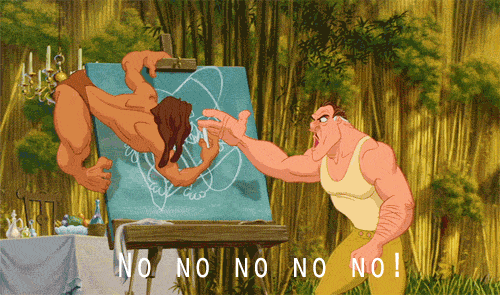
Your marketing will be way easier. A lot of people out there know Dracula because it’s been already interpreted by many artists. They know it’s the basis of the vampire figure.
While looking at your steam page, they’ll have specific expectations about your game feeling and gameplay. Safety is a good, but dangerous mechanic to sell games.
If your game is too generic, it will also repeal them to buy it. If they feel like your adaptation is not creative enough, they’ll avoid your game. It’s also worth noting that, after buying your game, they can feel that you made a bad adaptation of the initial lore.
But beware, as we’re selling games for the whole world, some stories are not very well known. For instance, if you’re making a game about the Iliad and sell it in Korea, this “safety” criteria won’t be there. They don’t know the full story and won’t be eager to check out your interpretation of the tale. They will take it as a regular game.
While adapting a story from public domain, be on the lookout for localization. Some stories are still unknown in other parts of the world.

You also have to be aware that some people are pissed off seeing Sherlock, Zombies, Dracula shitty adaptation and want some novelty. This is the main drawback of taking things from public domain, other people can adapt it too. That’s why I encourage you to take masterpieces that have very few adaptation such as Aladdin, The Song of Roland, Cyrano de Bergerac or The Three Musketeers.
Some game companies have been adapting stories from the public domain for a long time. It’s their business to make average games that are selling because they have the name Dracula on it.
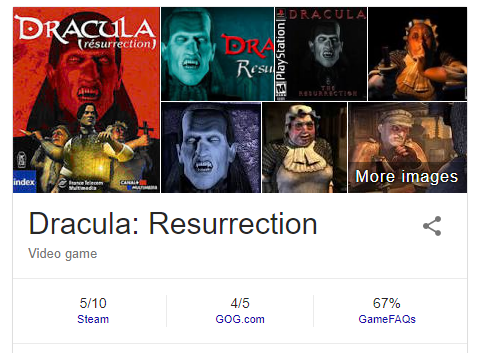
Even at this stage of the article, most of you can still say “ 😩 nah, this only produces shit games, I want to build my own world”. So I’ve took the best public domain adaptation you could see or play to show you that you do can build your own world with a public domain interpretation.
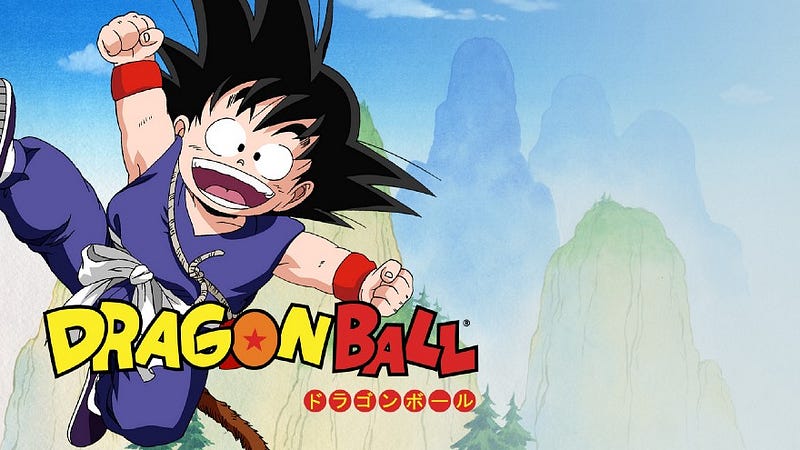
Dragon Ball is an adaptation of the classical chinese story Journey To The West (wikipedia)
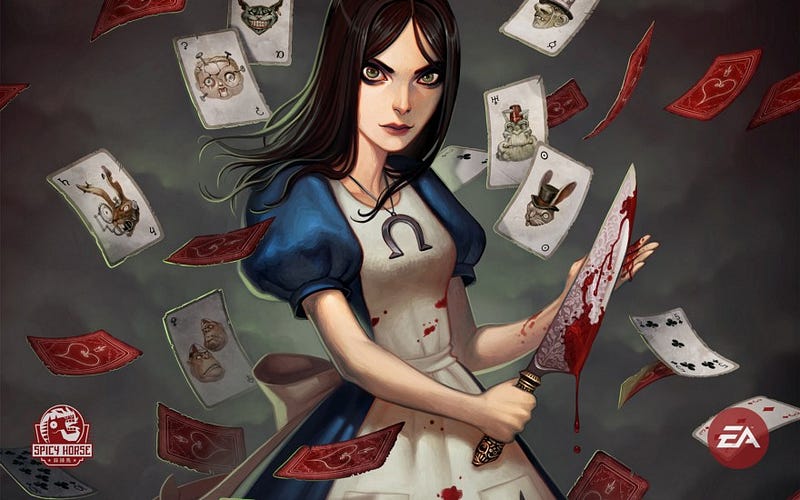
Key art from Alice Madness Returns, the sequel of American McGee’s Alice. McGee made a dark adaptation of Alice Madness where is basically killing stuff to save Wonderland. (2011, Spicy Horse)
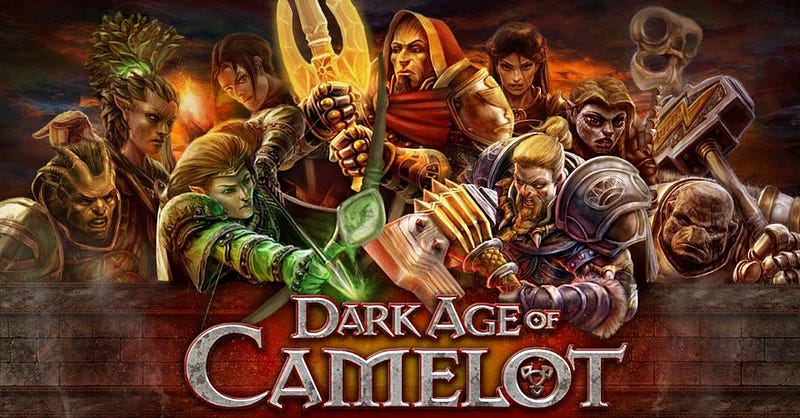
Key art from Dark Age of Camelot, an MMORPG settled in the universe of the Knights of the Round Table, mostly known thanks to Chrétien de Troye’s chivalric romances. Even MMO can be inspired by the Public Domain!
Obviously, there’s also very shitty adaptations but that’s not what we’re interested into, isn’t it? Let’s make great creative games and revive some solid masterpieces that have been forgotten.
That’s it for now! Thanks for reading, I hope you learned a thing or two. 😊 I’m a freelance game marketer always on the lookout for work. Check out my portfolio :
http://www.tavrox.com/portfolio/
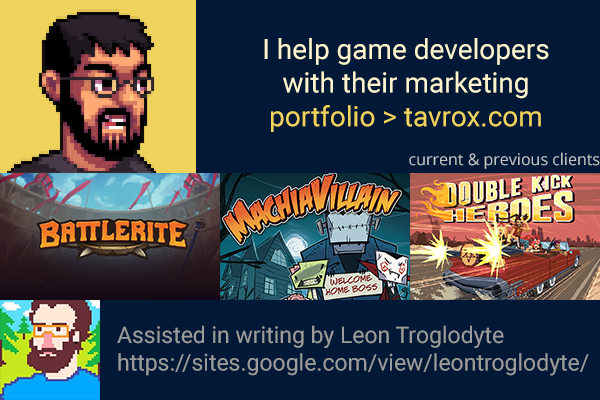
Read more about:
Featured BlogsYou May Also Like